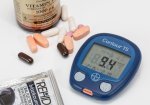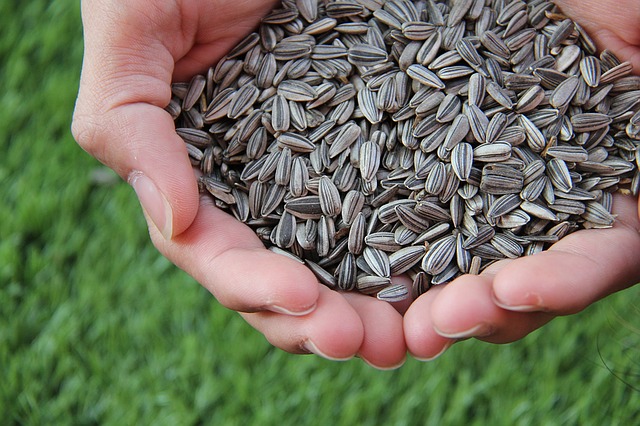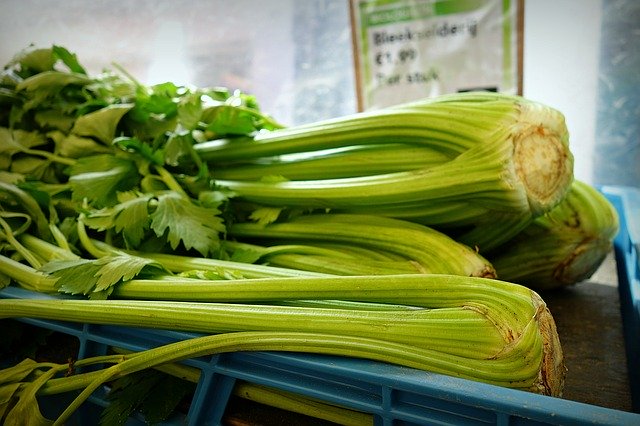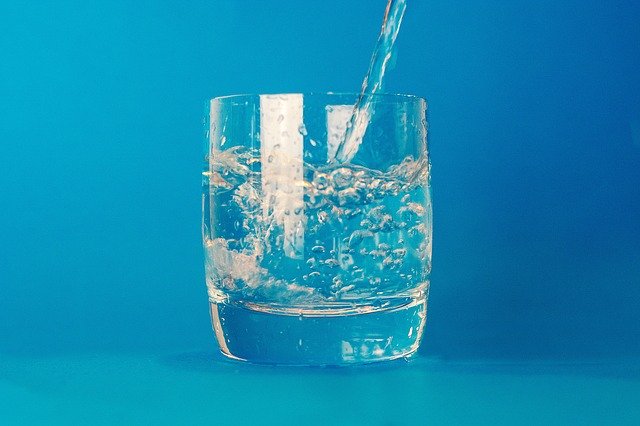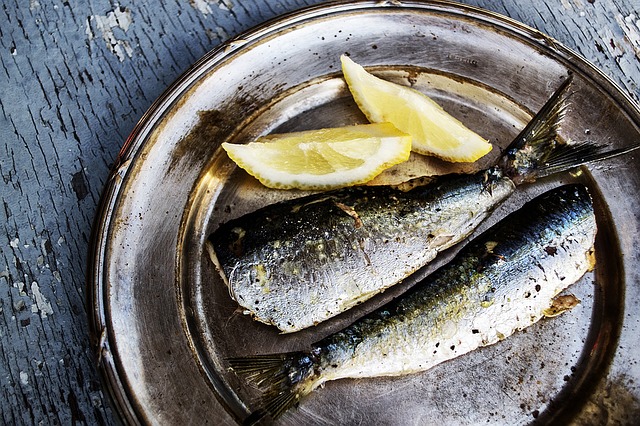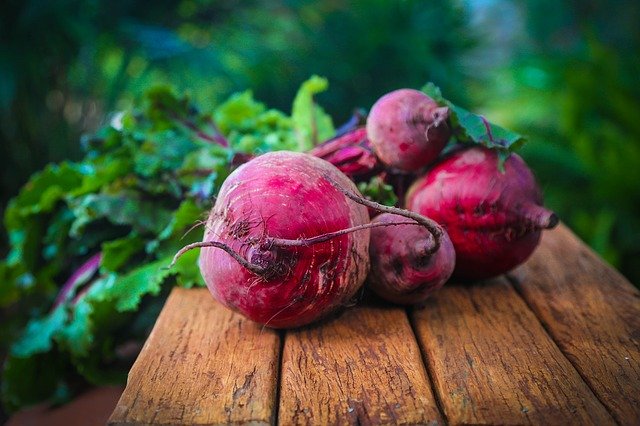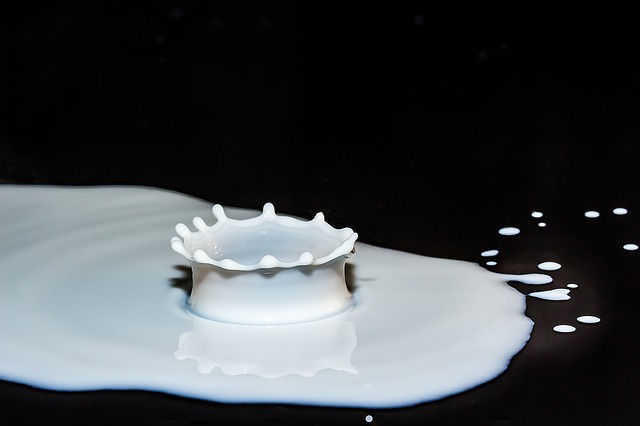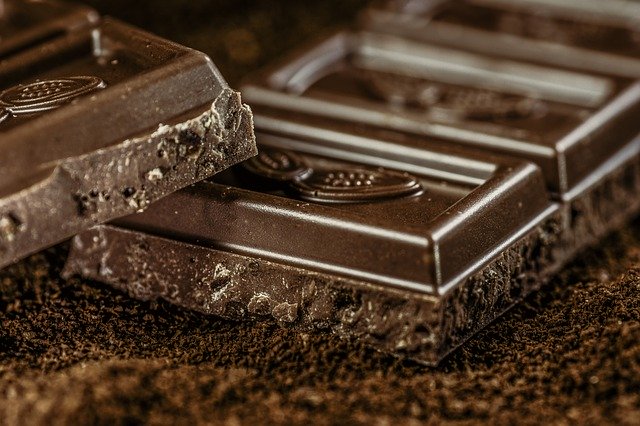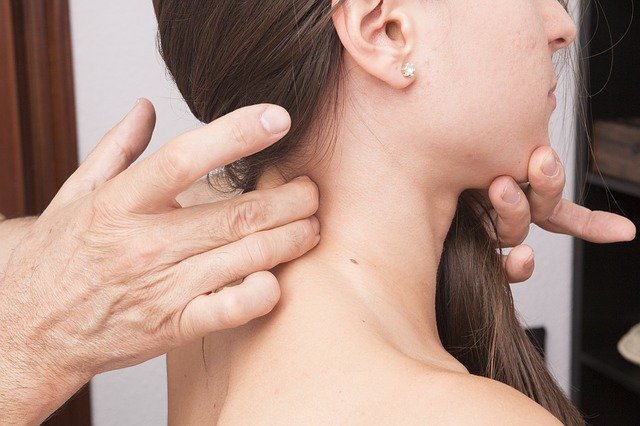Alcohol and Hypertension, what you need to know
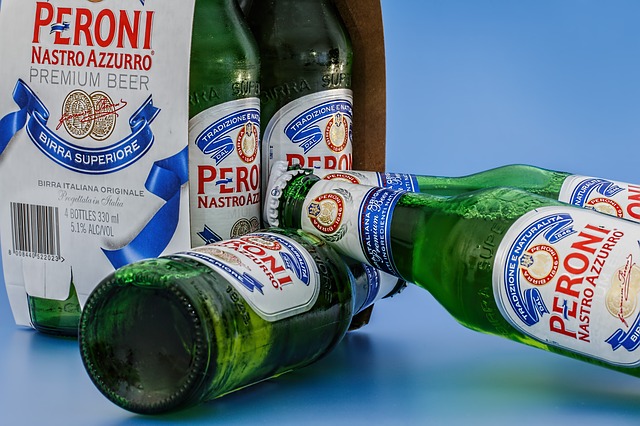
A possible correlation between alcohol and hypertension was first sniffed by physicians some 100 years ago in 1915. Since then many studies have been conducted which have concretely shown a cause and effect relationship between chronic alcohol consumption and elevated blood pressure.
Alcohol is also known as ethanol or ethyl alcohol or drinking alcohol. It has the chemical formula C 2H 5OH which is also presented as CH 3−CH 2−OH or C 2H 5−OH or simply in short as EtOH.
The association between ethanol and high blood pressure must necessarily be a concern to medical researchers and individuals who already drink and those contemplating to start drinking alcohol.
Due to the regular accessibility of alcohol in many parts of the world, fermented beverage use and abuse has been a permanent feature of many societies going back to China 7000 BC, Babylon 2700 BC and India 3000 BC, for example.
In the United States, for instance, an estimated 20 million people are alcohol abusers which contributes to deaths in the region of 100 000 annually. Among this huge number are deaths attributable to alcohol-induced hypertension.
According to studies, excessive alcohol consumption may be the most common consequence of secondary hypertension. High blood pressure is just one consequence of excessive alcohol use. Other alcohol related problems include cancer, cardiovascular disease and dementia.
Numerous studies have been conducted over the years exploring different angles to the alcohol and high blood pressure question. The following are some of the studies which we have found to provide some intriguing insights to the ethanol-hypertension association.

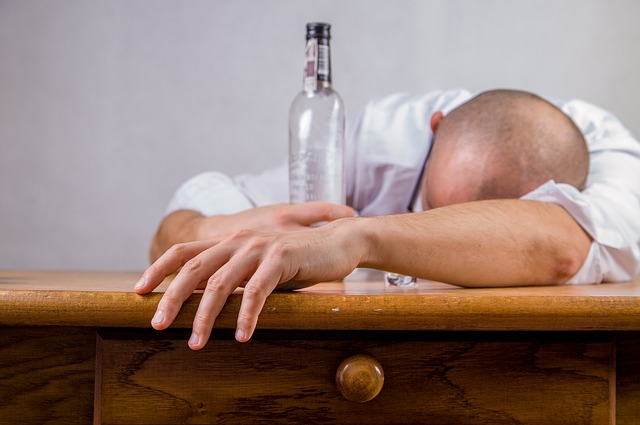
Studies Confirming Alcohol and Hypertension Causal Relationship
Study 1
According to a 1985 paper published in the Journal of National Medical Association (Vol 77, No 5), the cause and effect link between alcohol consumption and hypertension was first established in 1915 in a group of French servicemen.
Among the servicemen, blood pressure was 3 times higher at greater than 150/100 mm Hg in heavy drinkers compared to the moderate drinkers.
The journal report further states that studies targeted at alcohol users and their blood pressure values have shown that mean blood pressure elevation among those who used alcohol at a higher level was 1.6 mm Hg to 10.9 mm Hg higher in heavy users compared to moderate users and non-alcohol users.
Furthermore, if you wondered if it matters how much you drink, there is indeed a dose relationship between amount of alcohol consumed and blood pressure elevation.
In addition, the Journal of National Medical Association report states that individuals with higher alcohol intake also have a correspondingly high blood pressure reading.
Systolic blood pressure (top number) was shown to be almost always higher than diastolic blood pressure (bottom number). The margin of increase in blood pressure in heavy drinkers was shown to be on average between 5 mm Hg and 10 mm Hg.

Study 2
Another study published in 2006 in the Clinical and Experimental Pharmacology and Physiology journal painted a gloomy picture concerning the association between alcohol and hypertension.
The peer reviewed study report confirms the elevating effect of alcohol on blood pressure stating that blood pressure goes up by approximately 1 mm Hg for every 10g of alcohol an individual consumes.
The study adds an intriguing angle to what is known about alcohol and high blood pressure.
It mentions that the increase in blood pressure is irregardless of the type of alcoholic beverage one consumes. In other words, according to the study, all alcoholic beverages result in elevated blood pressure.
This questions what has been argued that red wine, for example, could be beneficial to lowering blood pressure.
In this regard, the researchers who produced the report worry that the proposed positive effects on blood pressure of vasodilator flavonoid components found in red wine have not been a product of studies seeking to reverse blood pressure using red wine, which would be the real test.
The investigation however notes that blood pressure elevation caused by alcohol is reversible within 2 to 4 weeks of stopping drinking or drastically cutting back on the amount of alcohol consumed.
This assumes no permanent blood pressure increase would have been induced due to repeated alcohol abuse over a period of time.
While its been established, scientifically, for several years now that alcohol does indeed cause blood pressure to rise, how this actually happens is a natural questions to ask.

Alcohol and Hypertension Mechanism
A 1994 report published in the journal Archives of Family Medicine (1994 Feb;3(2):150-4.) conceded to the elusiveness of the alcohol and hypertension mechanism.
In biological science, a mechanism refers to a system of casually interacting elements that result in one or more effects.
Lacking a substantially confirmed mechanism, what medical researchers are working with currently are postulations and presuppositions.
This elusive and unclear mechanism that leads to alcohol causing elevated blood pressure has also strengthened the hand of those who argue otherwise concerning the causative link between alcohol and high blood pressure.
The thinking has been put forward that instead of alcohol doing anything of itself at all to cause hypertension, it is the resulting compromised lifestyle punctuated by a poor diet that could be responsible for high blood pressure. In simple terms, it is argued that alcohol compromises the lifestyle of those who abuse it.
This view does not appear to have gained any meaningful currency in mainstream hypertension science. Instead research has considered the possibility that alcohol may induce an imbalance of the central nervous system.
This is apparently critical and has been cited in other studies.
For example, a 1999 study published in the journal Current Hypertension Reports (1999 Jun;1(3):246-53) states that peripheral sympathetic nerves, which are part of the central nervous system, are exhaustively involved in hypertension.
Another suggestion is that ethanol stimulates the endothelium leading to the release of endothelin. Endothelium refers to the inner cells lining the blood vessels.
Endothelins are powerful peptides which are amino acids responsible for the constriction of blood vessels leading to blood pressure increase.
A 2001 study published in the American Journal of Hypertension (2001 Jun;14(6 Pt 2):83S-89S.) confirms this possible alcohol and hypertension mechanism involving the endothelin-1 or ET-1.
There are other several possible mechanisms that have been put forward including the role of the brain itself in hypertension and the possible impairment of the baroreceptors caused by alcohol.
Baroreceptors represent a complex biochemical system that is essentially sensors that regulate low and high blood pressure by communicating with the brain.
What is common to all these proposed mechanisms is that non of them seems to be scientifically confirmed. They remain areas open to further study and investigation.

Just how much Alcohol is Dangerous for High Blood Pressure?
Just how much alcohol is bad for blood pressure must be the most frequently asked question among individuals interested in taking and continuing to take alcohol but also concerned about their blood pressure health.
Several studies have looked into this question.
Study 1
One of the most recognized study to answer this question is the reputed Kaiser-Permanente study published in The New England Journal of Medicine back in May of 1977.
The study followed the drinking habits of some 83 000 individuals.
According to the findings, people taking two or less alcoholic drinks per day had similar blood pressure as those who didn't take alcohol at all. This means two or less drinks per day had no effect on blood pressure values of the drinkers.
Those who took three or more alcoholic drinks per day had elevated systolic and diastolic blood pressures, both women and men. They also had significantly higher blood pressure readings greater than 160/95 mm Hg.
The Kaiser-Permanente study noted that the correlation between drinking alcohol and hypertension was independent of factors such as age, sex, race, smoking and coffee use among others.
In the end the study concluded that consumption of at least 3 alcoholic drinks per day is a risk factor for hypertension.
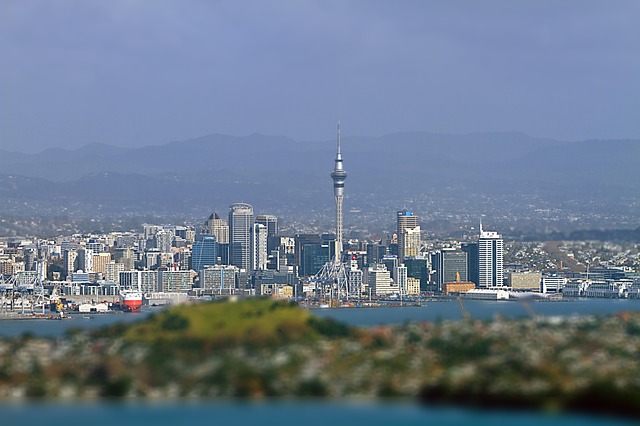
Study 2
A 1982 study carried out in the beautiful city of Auckland, New Zealand and published in the American Journal of Epidemiology (1985 Dec;122(6):1037-44.) in 1985 concluded that below four drinks per day, alcohol drinkers had similar or lower blood pressure levels compared to those individuals who didn't drink.
The investigation also established a non-linear relationship between the consumption of alcohol and hypertension.
The Auckland study which involved over 1400 subjects set the number of alcoholic drinks with no effect on blood pressure at 4 drinks whilst the Kaiser-Permanente study put that number at 3 drinks per day.
In a generalized sense, the two studies seemed to have arrived at a similar conclusion concerning the maximum number of drinks permissible per day without triggering an elevating effect on blood pressure.
Furthermore, the Auckland study discovered that heavy drinkers had systolic blood pressure levels of 10.2 mm Hg and diastolic blood pressure levels of 4.5 mm Hg higher than nondrinkers, light drinkers and moderate alcohol drinkers.
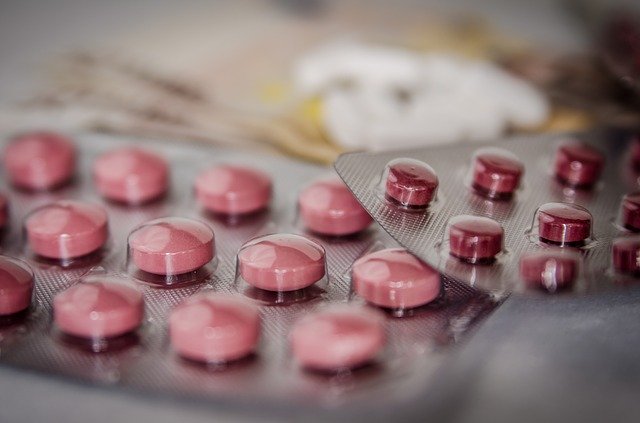
Alcohol and Hypertension Medication
Alcohol and hypertension medication interaction is an expected concern among individuals and medical professionals when treating high blood pressure sufferers who also happen to drink.
Alcohol does interact with many medications and this interaction is not only limited to antihypertensive medications. Doctors agree that the initial step to controlling hypertension is cessation or at least drastically reducing the amount of alcohol consumed.
Studies recommend that use of pharmaceutical drugs for high blood pressure must only commence some 2 to 4 weeks following total abstinence from alcohol consumption.
Alcohol and hypertension medication interaction may mean compromised effectiveness of the medication in use.
Excessive drinking of alcohol, which we have already established through studies that it increases blood pressure, sets hypertension medication and alcohol consumption at cross-purposes in the body's biological system.
On the other hand, if small amounts of red wine are beneficial in lowering blood pressure as some studies suggest, there is a theoretical possibility that combining this with high blood pressure medication may also result in abnormally low blood pressure commonly known as hypotesion.
Not only is interaction between alcohol and hypertension medication limited to pharmacetical drugs, alcohol may also interact with hypertension herbs.
A study report in the Journal Archives of Family Medicine (1994 Feb;3(2):150-4.) recommended the use of angiotensin-converting enzyme inhibitors also known as ACE inhibitors and calcium channel blockers (CCBs) as possibly the most suitable pharmacologic treatment for hypertension in individuals who would have been using alcohol.

|
|
Alcohol and Blood Pressure |
Return to Hypertension Causes from Alcohol and Hypertension
Return to Hypertension Home Page from Alcohol and Hypertension
Disclaimer
Information contained on this website is not meant to replace your doctor's advice.
(c) All Rights Reserved. 2010-2018
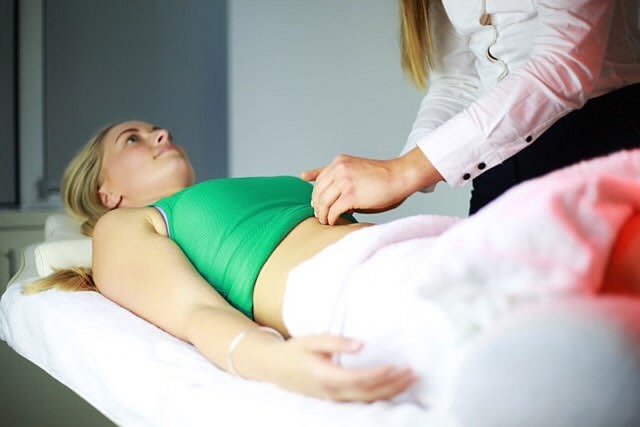
We have explored here the benefits of acupuncture in treating hypertension. Acupuncture is an age old used therapy to relieve a wide range of health problems. According to a 2016 study published in the journal Chinese Medicine, acupuncture is a viable alternative therapy that could be used in eliminating alcohol dependency. Acupuncture has potential to remove alcohol craving and withdrawal symptoms.

